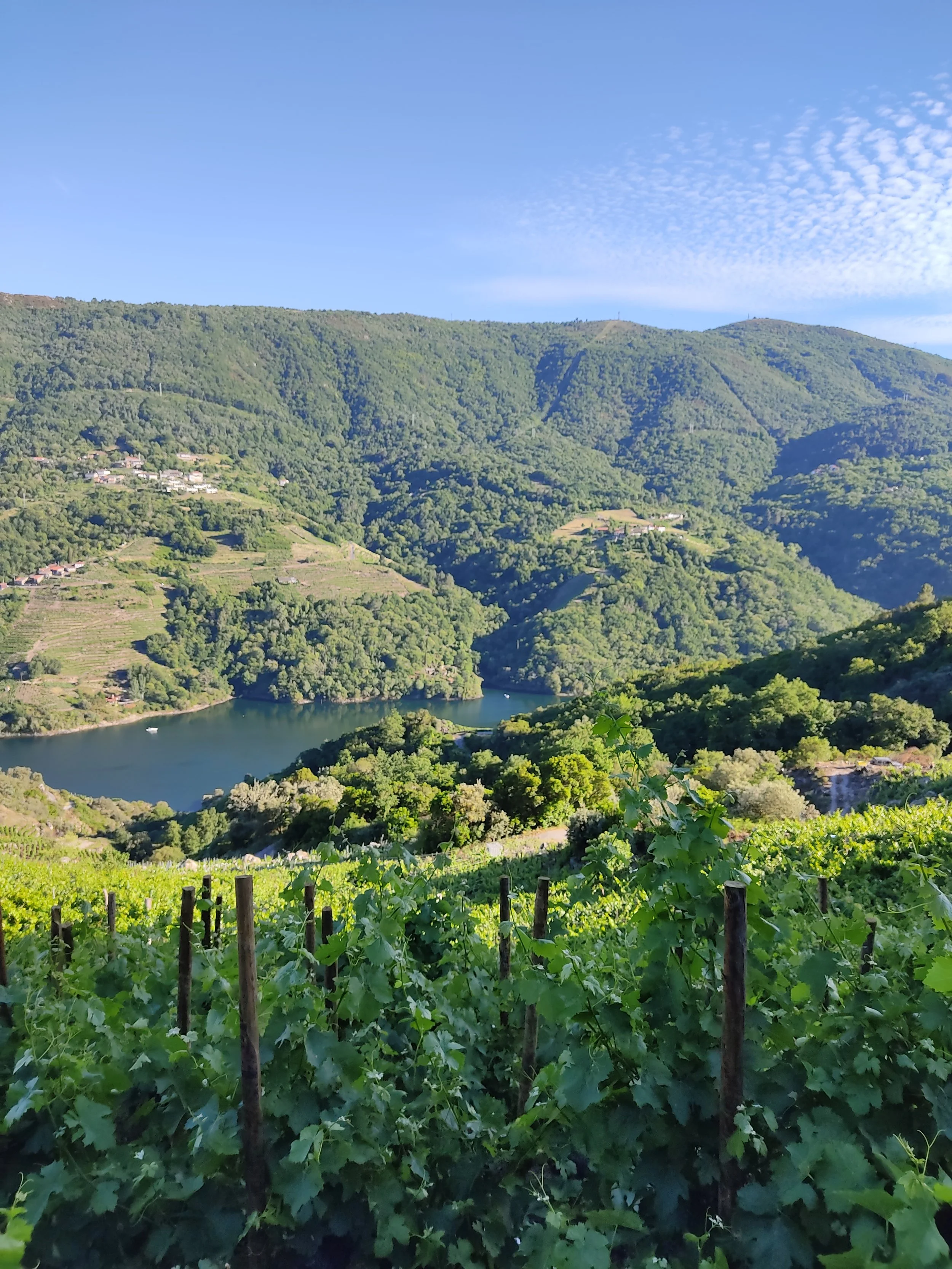VinAE
Vineyards network for co-creation and expansion of AgroEcological strategies to face viticulture challenges: a basis for cross-border living labs
Duration: 05/2025 - 04/2028 (tbc)
Summary
Agroecological practices (AE) in vineyards, such as the establishment of ground covers to protect soil from erosion and enhance its functionality, biodiversity, and associated ecosystem services, have a scattered distribution and inconsistent implementation. In some regions, these practices are nowadays more widespread, although frequent problems of implementation and performance persist. In contrast, conventional management predominates in other regions, in which the soil is kept free of weeds through tillage and herbicides, while relying on synthetic agrochemicals for pest and disease control and fertilisation. VinAE proposes the creation of a network of pilot vineyards using AE practices located in five of the main European grape and wine producing countries: Italy, France, Spain, Portugal and Turkey. The pilot vineyards are established in the Mediterranean, Atlantic and Anatolian biogeographic regions, encompassing a wide range of edaphoclimatic conditions, topography and landscapes. This collaborative strategy is particularly valuable in a context of climate change, as knowledge generated across different climates can be highly relevant during adverse and abnormal events. In addition, the information available on AE practices often stems from partial analyses of their agronomic, environmental, and socio-economic impacts, carried out in scattered experiences. The multidisciplinary expertise of the partners (ranging from vinegrowers, who constitute the core of the project actions, to researchers experts in agronomy, environmental, biodiversity and social and economic sciences) will enable a comprehensive evaluation of AE practices in vineyards, addressing a wide range of scenarios and challenges.
View experimental vineyard. Source: Ángeles Prieto Fernández
The VinAE project will adopt a participatory and co-creation strategy to leverage expertise from regions with longer-term implementation of AE practices, and the information from literature review, to improve and design solutions for issues identified in other viticulture regions. This project also proposes the use of already tested biotechnological tools (e.g. hydrogels, bioinoculants) and alternative ones (e.g. biofumigants), to maximise the performance of implemented AE solutions. The comprehensive evaluation of AE practices will encompass analysis of grapevine performance, must quality, water relations, soil carbon storage and stabilisation, and soil microbial and faunal diversity (with a special focus on pathogenic guilds). The impact of AE practices on soil fertility will include chemical and biochemical determinations, the use of automated systems and modelling. The proposal aims to assess the benefits of the AE practices on vineyard biodiversity and the balanced nutritional status of grapevines, important factors for enhancing pest and disease management. Finally, the project will also explore the feasibility and identify barriers to the widespread adoption of the most effective AE practices. This will enable the formulation of knowledge-based policy solutions for promoting their upscaling and wider implementation.
The multi-actor consortium will ensure an effective dissemination of the key results obtained. The project also proposes establishing the base for the development of a cross-border Living Lab on AE practices in vineyards, using recommended and publicly available tools and methodologies to expand the group of key actors from the participating partners to other stakeholders identified within the project's framework.
WP scheme. Source: Ángeles Prieto Fernández
Coordinator
María Ángeles Prieto Fernández
The Spanish National Research Council (CSIC), SPAIN
Email: apf@mbg.csic.es
Partners
Lur Epelde Sierra - Basque Institute for Agricultural Research and Development (NEIKER), SPAIN
Montserrat Santori Gómez - Souto de Lobios S.L., SPAIN
Manuel Docampo García - Leive EcoAdega, SPAIN
Jerôme Cortet - Paul Valéry University Montpellier 3 (UPVM), FRANCE
Francesco Galioto - Council for Agricultural Research and Economics (CREA), ITALY
Alessandra Bonetti - National Research Council of Italy (CNR), ITALY
Sofia Pereira - Catholic University of Portugal (UCP) - Porto Campus, PORTUGAL
Manuel João Oliveira - Association for the Development of Douro Viticulture (ADVID), PORTUGAL
Akin Ün - GAP Agricultural Research Institute (GAPTAEM), TURKEY
Alfonso Ribas - Juana de Vega Foundation (FJDV), SPAIN
Juan Manuel Casares Gándara - Galician Agency for Food Quality Galician Viticulture and Enology Station (EVEGA – AGACAL), SPAIN
Source photos banner:
Vineyard: Photo by Beatrice Zinetti on Unsplash
Grapes: Photo by Andrea Cairone on Unsplash





